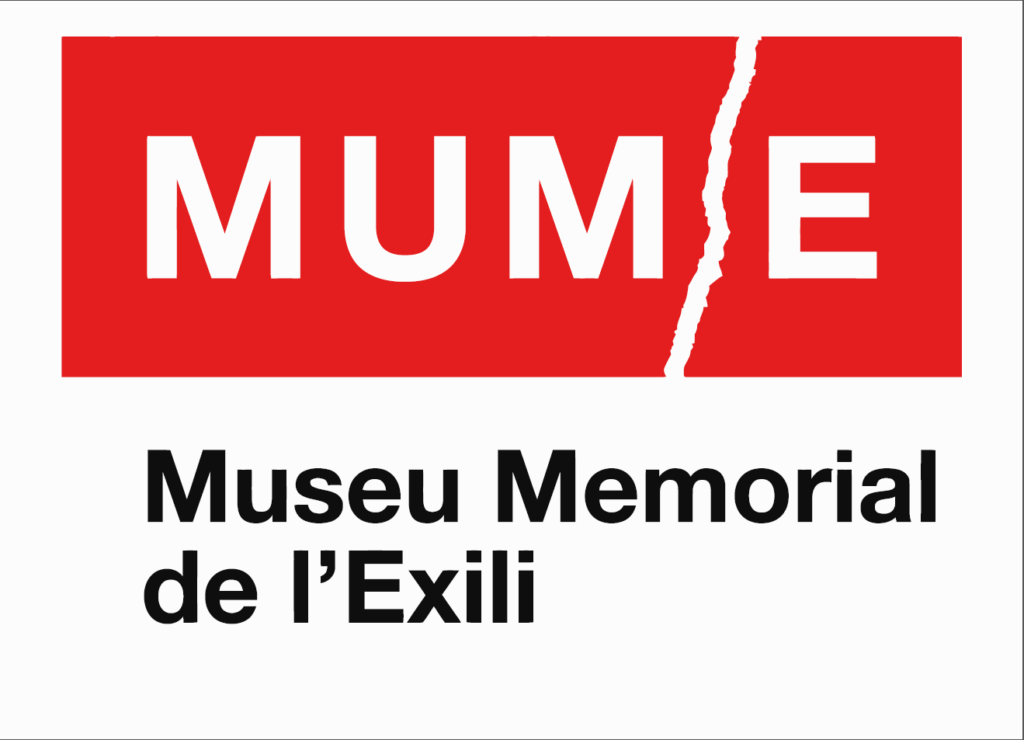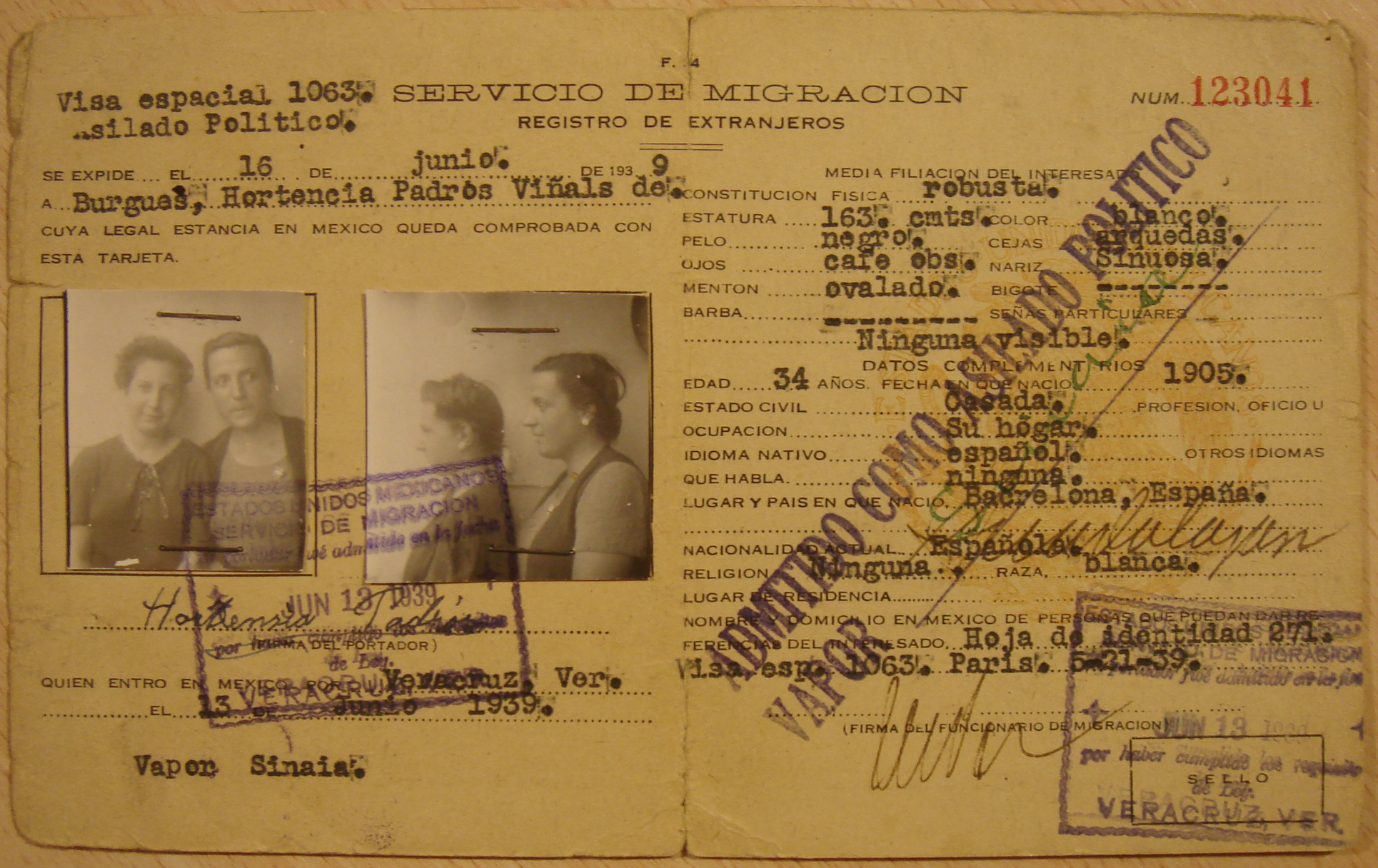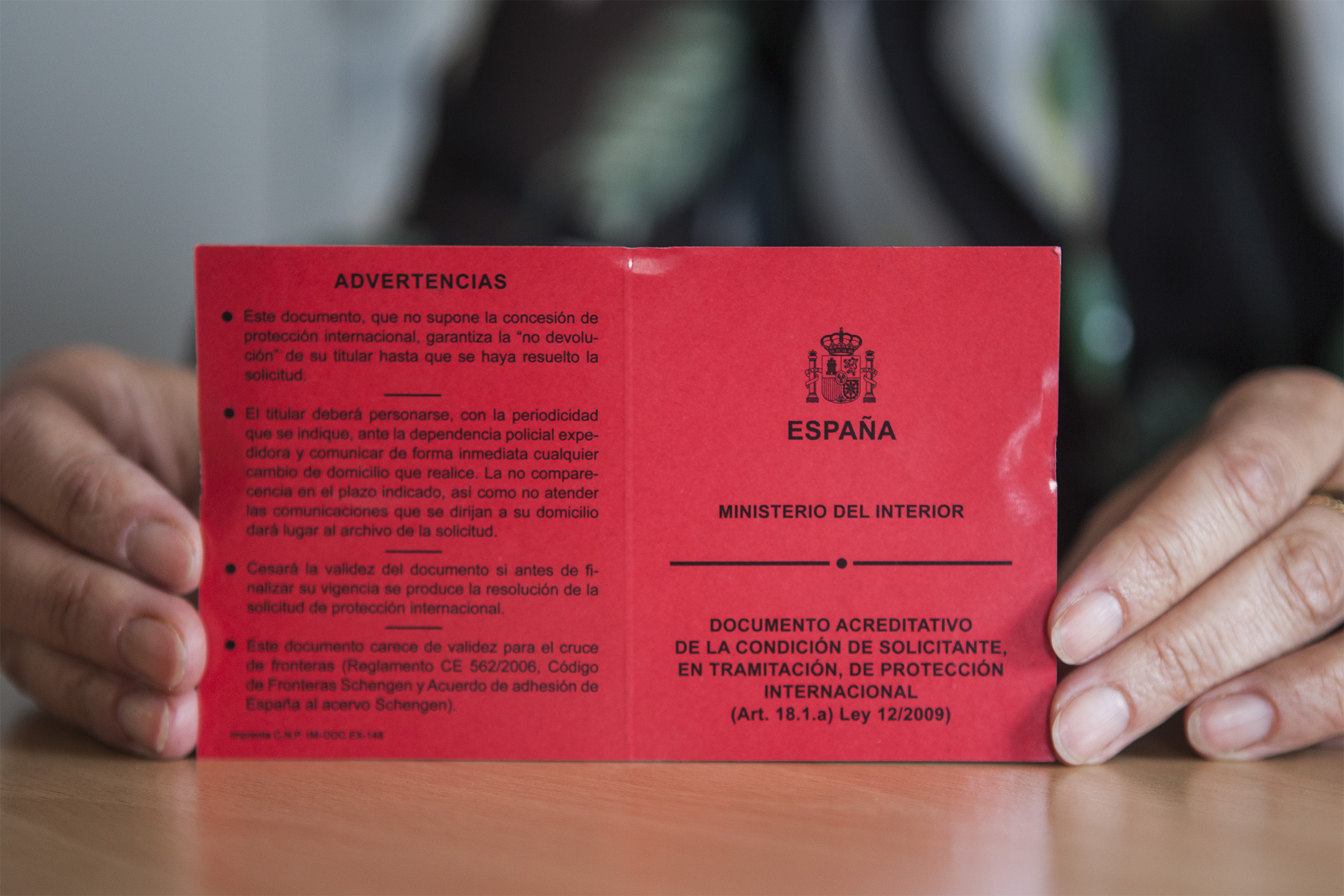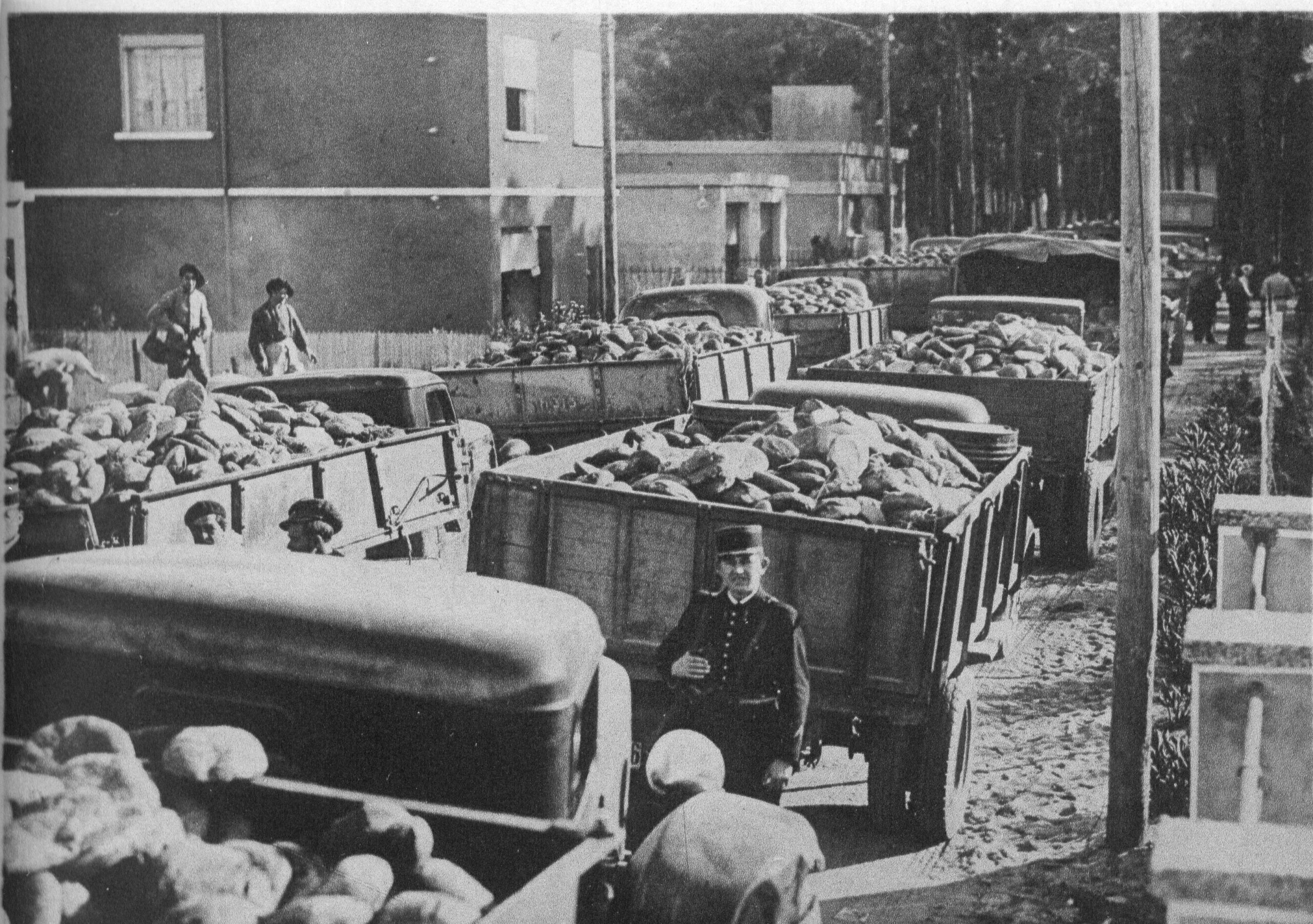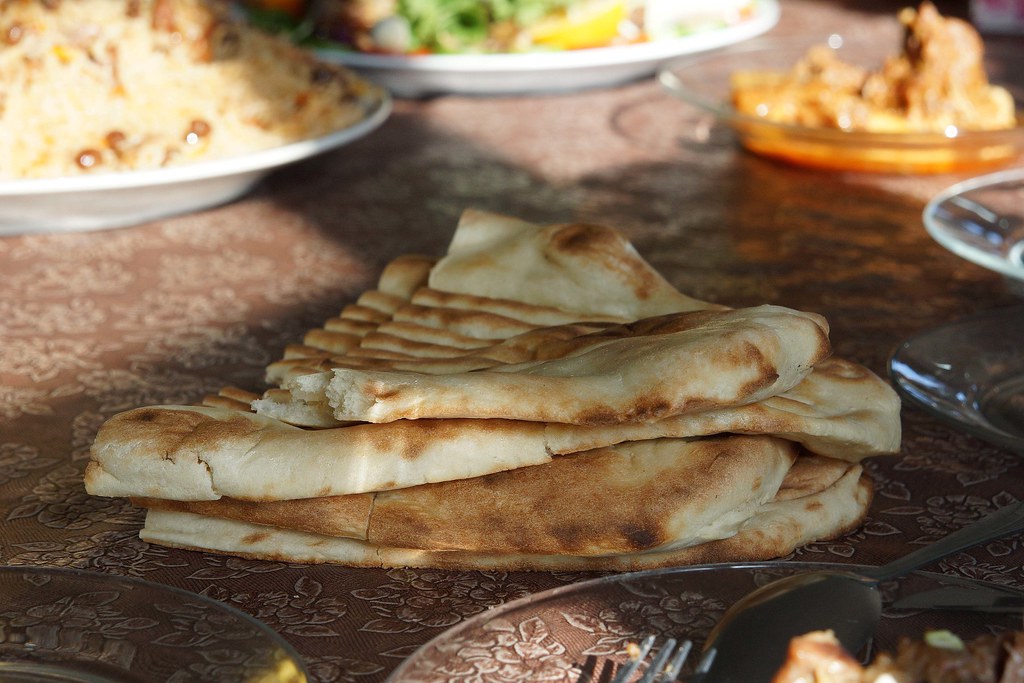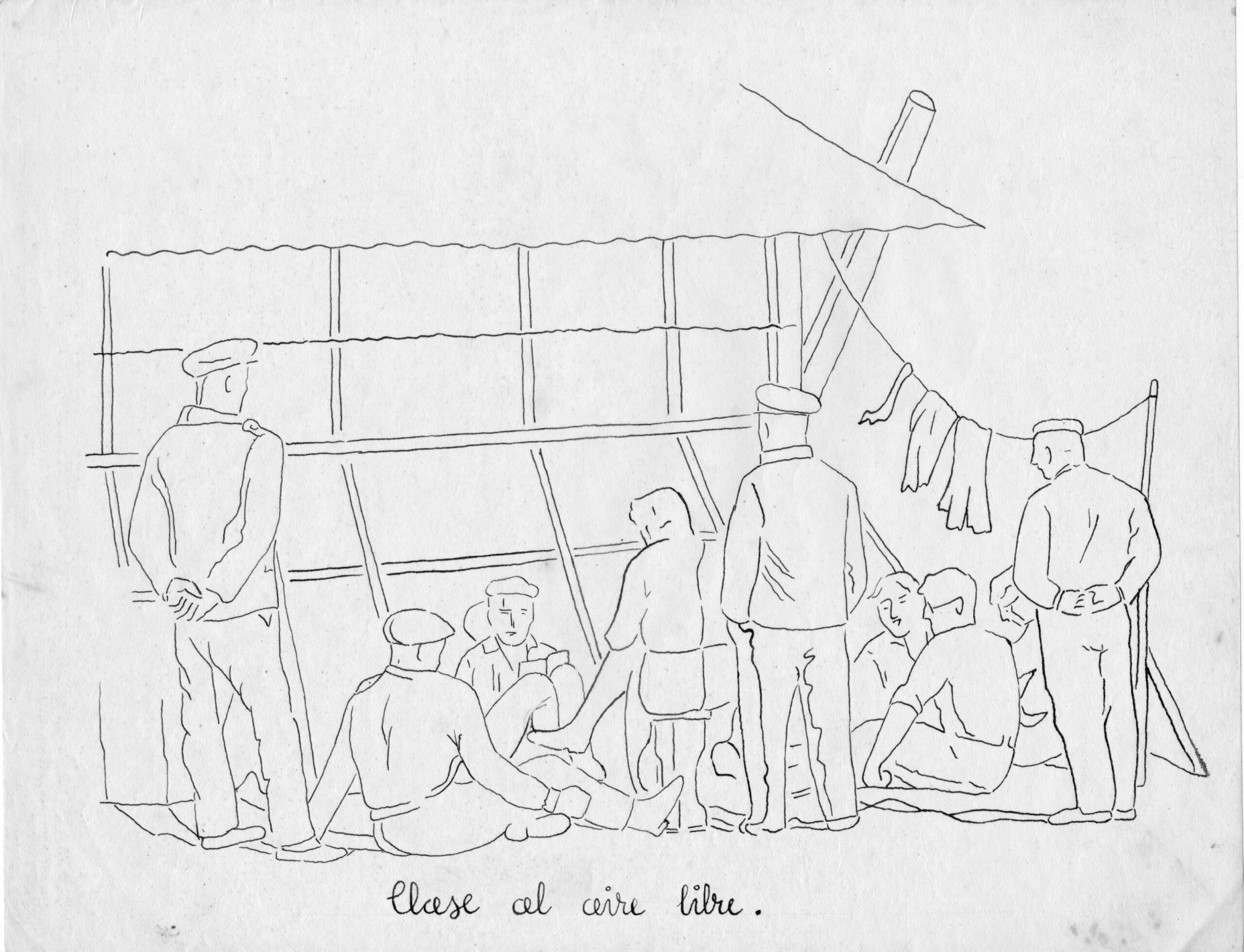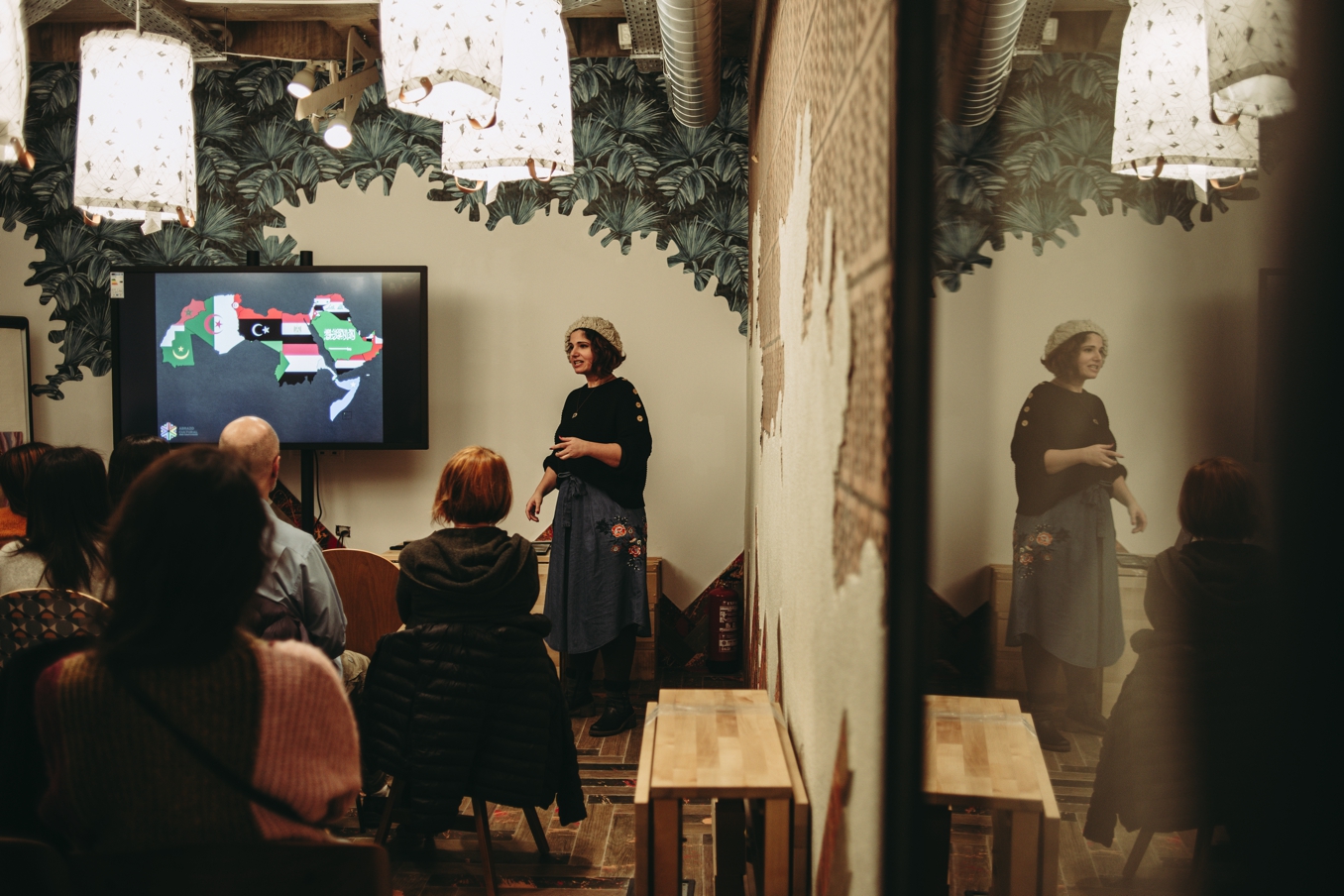3. At destination the route continues
Hosting is part of our cultural heritage. It was so during the Spanish Civil War, when networks were organized to receive and assist displaced persons from other territories. And it is so today, with the multiple experiences of civil society organization.
It might seem that once a destination is reached, the journey is over, but nothing could be further from the truth. The main needs expressed by the people participating in So Close are: access to information and basic resources, getting to know the destination and creating a social network.
Aiming to gather information on existing resources that can contribute to meet these needs, this EXTERNAL MAP has been created. The objective is to collect useful information for people who have already arrived, for those who will arrive, for those who share challenges and for those who want to know and play an active role in maintaining this heritage of ours, which is hosting.
The more contributions, the more comprehensive and useful it will be. Can you help us to complete it? Fill in this form*
The different categories of resources included in the external map are presented below.
*The form is in Spanish and Catalan
Reception and orientation for procedures
To have clear, complete and accurate information about the different possibilities that exist. Where to do what? Acquire basic knowledge of the place of destination in order to be able to rebuild your life.
Lleida Municipal Reception Service
Offers information, training and legal support in the first reception. It has a guide with a map of the different services in the city that may be of interest to new arrivals.
Documentation
One of the first challenges when arriving in the destination country as an asylum seeker is to obtain an identity document. The photographs show a historical document issued by the Mexican Migration Service and the current red card, the document that proves that the asylum application is being processed in the Spanish State.
Basic needs
Life sustenance. Keeping people alive when they cross the sea in precarious boats to… save their lives. Access to housing, food and health. Shared difficulties and, sometimes, shared struggles.
Refugees Welcome
Connects asylum seekers with homes willing to receive them. Promotes coexistence, mutual knowledge and the Culture of Welcoming.
Language, training and work
Arriving without knowing the language means not being able to communicate what is happening, your needs or understand what you have to do. Trying to join an unknown labor market, with requirements different from those of the place of origin, is another odyssey. This is added to the fact of having lost the professional network.
Cooperació Activa al Camp de Tarragona i les Terres de l’Ebre
It works for linguistic reception and social inclusion while offering training in foreign languages and cultures, interculturalism and human rights, promoting the value of socio-cultural and professional competencies of newcomers.
Education
The republican refugees organized schools and training spaces in the camps, an example is the illustration on the left, from the Saint-Cyprien refugee camp. At present, there are also labor-training experiences in which migrants and refugees promote interculturality through language courses, workshops and training. The image on the right shows a talk on Arab culture by the Abrazo Cultural organization.
Memory, culture and values
Knowing the society of destination, its history, its culture, its experience with exile and forced migrations. Also the rich social network that defends human rights and takes a stand against racism drinking from that ancient-recent “No pasarán” (they won’t pass).
Espai Antiracista Salt-Girona
It defends equal rights among people -regardless of their origin, gender and culture- putting social justice first and fighting against racist speeches, xenophobic parties and discriminatory policies.
Learning about the history of Republican exile
360º image of the permanent exhibition of the Exile Memorial Museum, which preserves and disseminates the memory of the 1939 exile, connecting it with more recent experiences. The exile of 1939 was sometimes a one-way exile (due to the Civil War) and sometimes a return exile (due to the Second World War), another example of the complexity of forced migrations, which do not always follow a linear path.
MUME’s permanent exhibition



